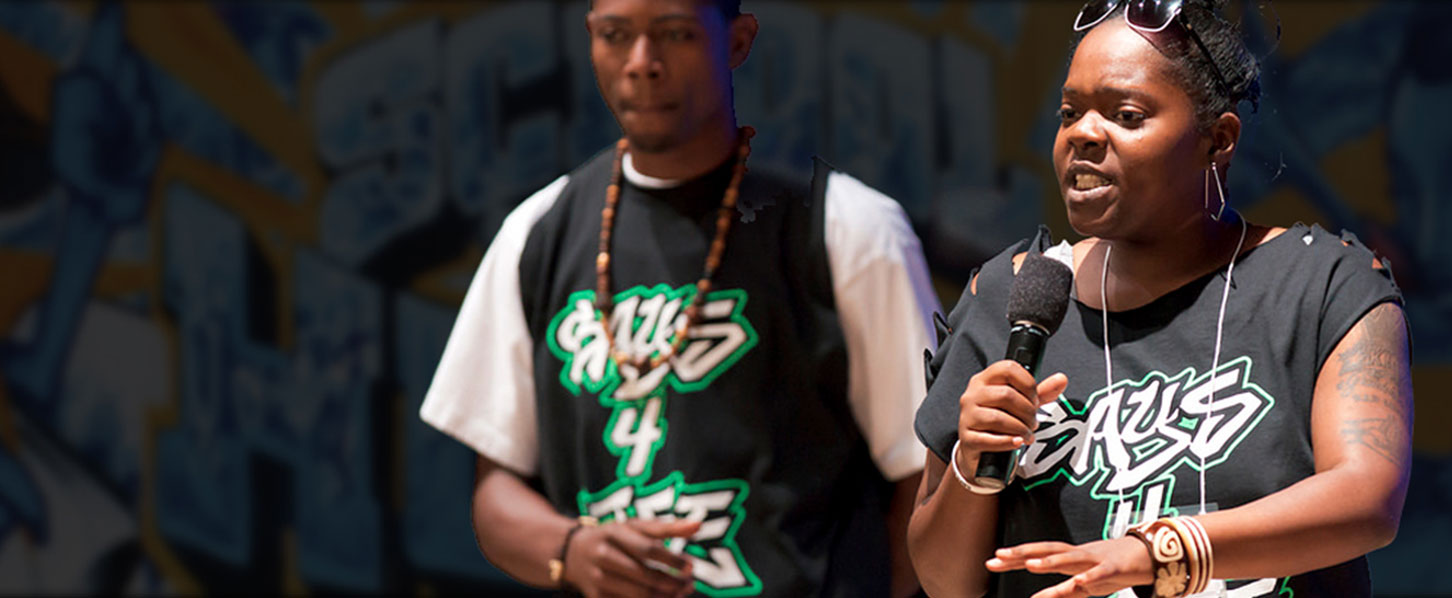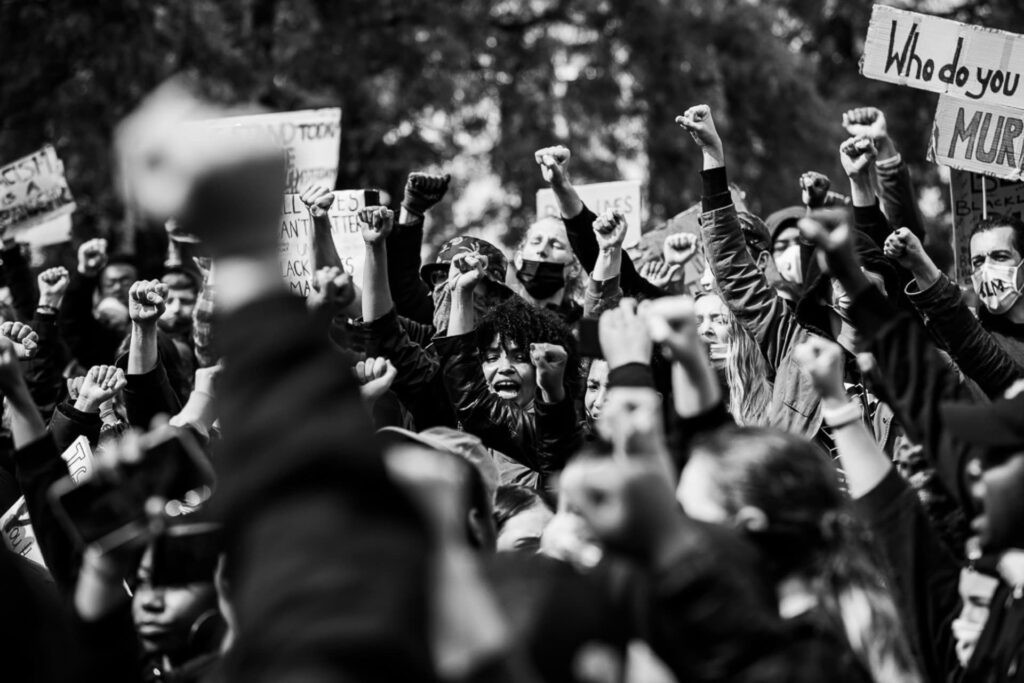
Prototype and test new ways that Vulnerable Populations can collaborate with cities, communities, hospitals and health care providers to build power and self-determination, reduce disparities, create healthier neighborhoods, increase health equity, and use the power of real-time data, patient-centered data, location-based data, data visualization, and community-driven data that can be integrated with Big Data and predictive analytics. Our goal is to integrate human centered-design with Racial, Spatial, and Reproductive justice in order to set new standards of holistic health care and community engagement in partnership with our nation’s most vulnerable populations—so that people do not have to leave their communities in order to live, learn, work, and thrive.
SOUL is the first joint research lab between UCSF and SFSU. The lab focuses on combining culturally and community responsive design with new digital technologies in order to increase racial and spatial justice and improve health equity. In a world where revolutionary advances in technology have become the norm, SOUL researchers design and apply emerging technologies and culturally responsive methodologies with our nation’s most Vulnerable Populations. What makes SOUL unique is our commitment to community driven innovation and checking traditional disciplines at the door. Experts ranging from public health, medicine, biology, Africana studies, ethnic studies, gender studies, sexuality studies, Big data, CPBR, and participatory technology, work side by side with community members, artists, and activists to better understand and support respectful patient-centered care, lived experience, optimize birth outcomes, improve health communications, decision-making, health care policy—and co-produce new standards for community—partnered research and new models of racial, spatial, and Reproductive Justice that advance health equity and center the voices of our Nation’s most vulnerable populations.

Our research projects range from the Geography of Homelessness, to developing racial equity impact assessments in Oakland with Race Forward, to combining EHR records with Streetwyze data in order to change diabetes outcomes through health literacy and health communications, towards improving prevention and early detection of cancer.
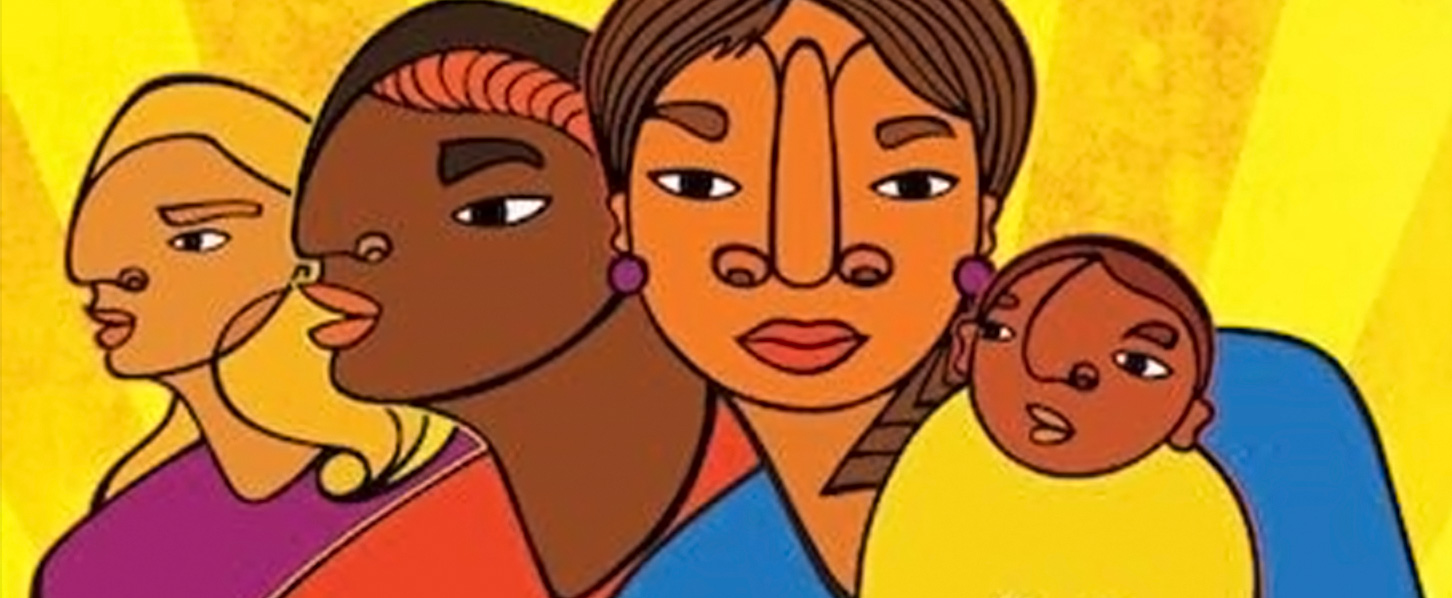
Featured Project: Reproductive Justice 3.0
Recently, on Mother’s day of 2019 we launched a Reproductive Justice 3.0 initiative aimed at centering the voices of Black woman by combining cultural and community responsive technology with patient centered, community-driven data in order to improve maternal health and well-being and achieve new standard of respectability, affordability, mobility, sustainability, economic opportunity and Birthing Justice with Black woman, children, and families. Our goal is to eliminate structural racism, implicit bias, racial discrimination, systemic inequities, and improve the social & structural determinants of health by bringing incorporating an Asset-Based Community Development (ABCD) approach and the power of culturally and community responsive technology to the RJ goals of building a more just and loving world.
For Father’s day 2019 as part of our RJ 3.0 initiative we are launching the Black Fathaz 4 Black Mamaz and Families Alliance (BF4BM) in order to simultaneously Center the voices of Black woman while making space, lifting up, and building infrastructure with Black fathers, children, and families so that we can collectively support Black women/Birthing people and together increase outreach, engagement, diversity, equity, and inclusivity within the RJ movement so that it authentically and meaningfully represents the strength, solidarity, unity, and creativity of the entire Black community with Black woman leading the way.
The data visualization component of the RJ 3.0 initiative is the Black Zone project which documents the places and spaces around the world where Black people are having optimal births. What are the narratives, places, policies, and practices that are enabling Black people to thrive? Where are Black people living the longest? What does it look like to live your best life, and have your best pregnancy? What can we do to replicate these success stories and success strategies? Black Zones begins to uncover and recover what’s working both in terms of examining Black maternal and infant health across the reproductive life course as well as systematically documenting the places and conditions where Black people are thriving in relation to life expectancy and transforming the social and structural determinants of health.
The RJ 3.0 initiative is being launched with Black women, Black healers, Black leaders, Black Scholars, Black researchers, POC, and Black and Brown Communities who are sharing the validity of their own lived experience. If we are serious about improving Black maternal and infant health it is essential “that all strategies involve authentic leadership, ingenuity, research, and voices of Black women…we are hoping that new models of care created not for, but With, communities of color can serve as alternative to hierarchical, rushed, and profit centered models of care that are impacted by unconscious bias and historically racist beliefs. Is is critical that these models are led by Black women and birthing people, Black children, and Black families.” (See Black Mamas Matters Alliance Black Paper, 2019)
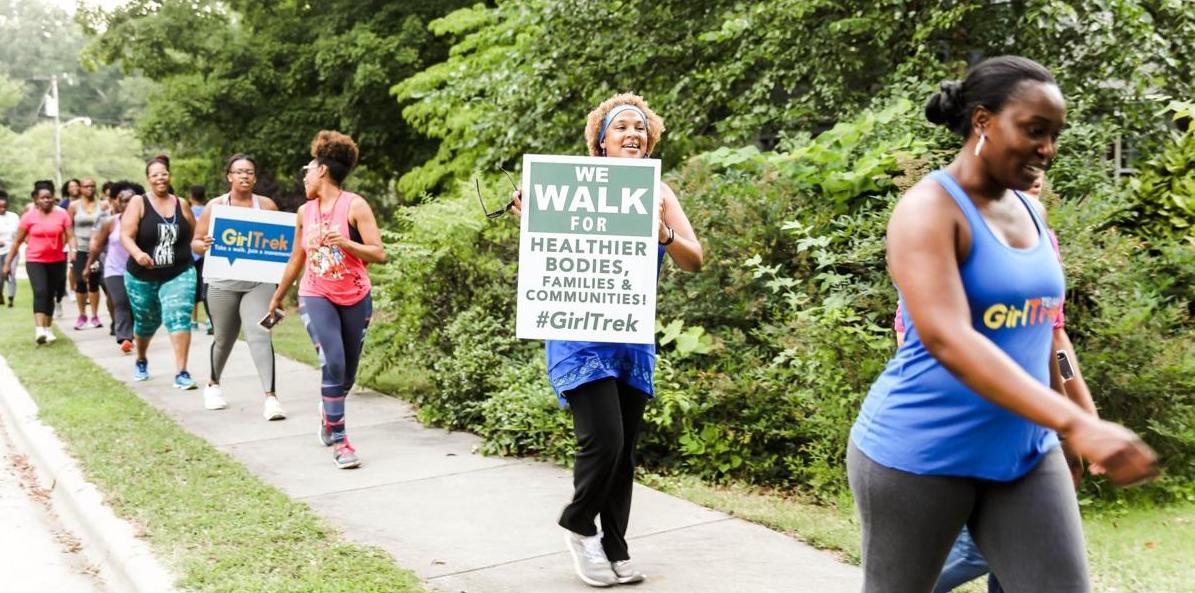
Mapping to Amplify the Vitality of Engaged Neighborhoods (MAVEN)
Connecting Diabetes Patients to Life Impacting Resources
SOUL researchers, Drs. Courtney Lyles, Urmimala Sarkar, and Antwi Akom were awarded an NIH R01 grant to create digital personal health libraries for patients with diabetes or pre-diabetes that connect EHR records with real-time community driven data through Streetwyze.
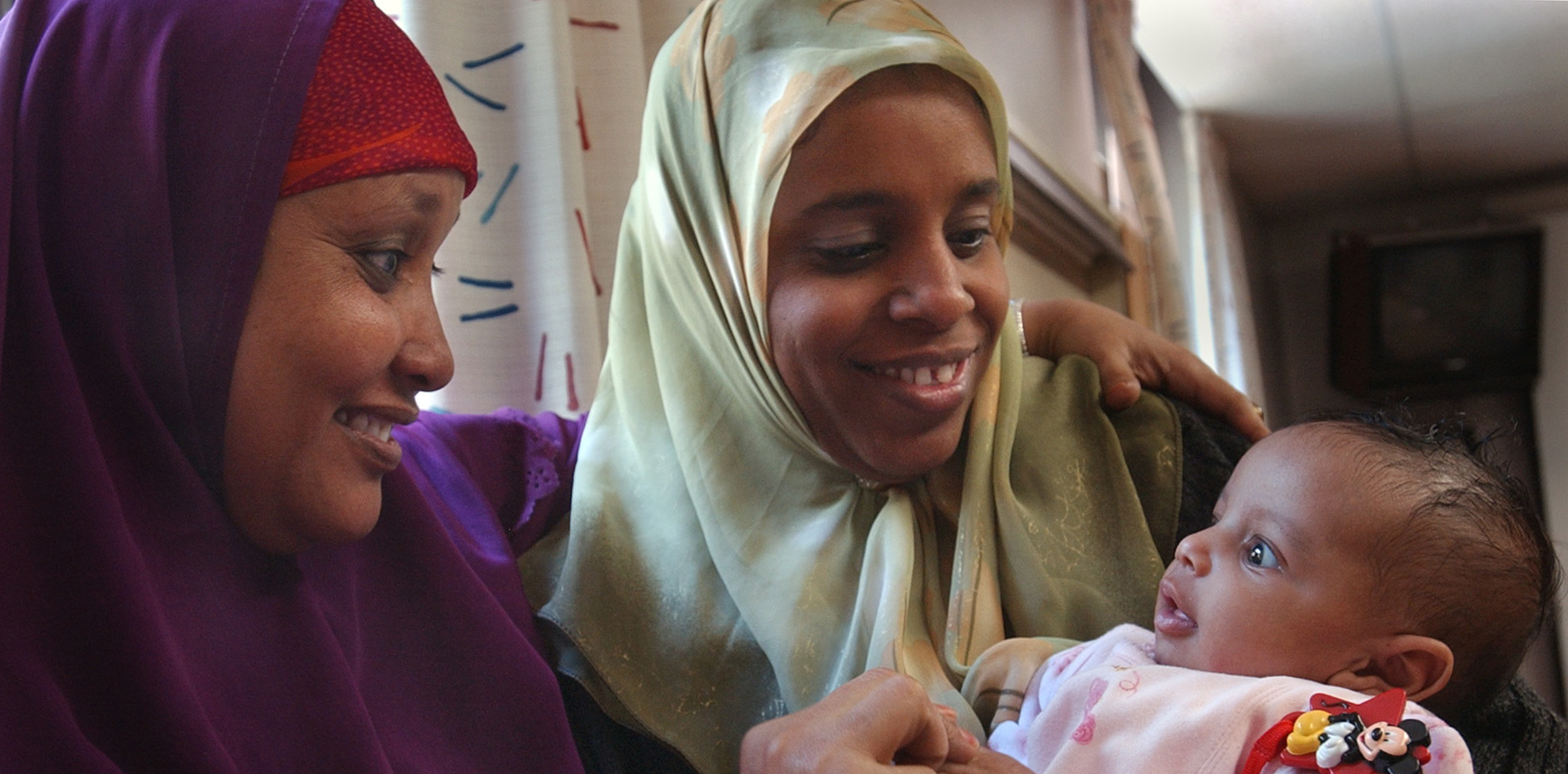
Center for Birth Equity and Innovation
Combining Emerging technology and Community-Driven Research to Promote Patient-Centered Data, Research, Training, and Policy Advocacy
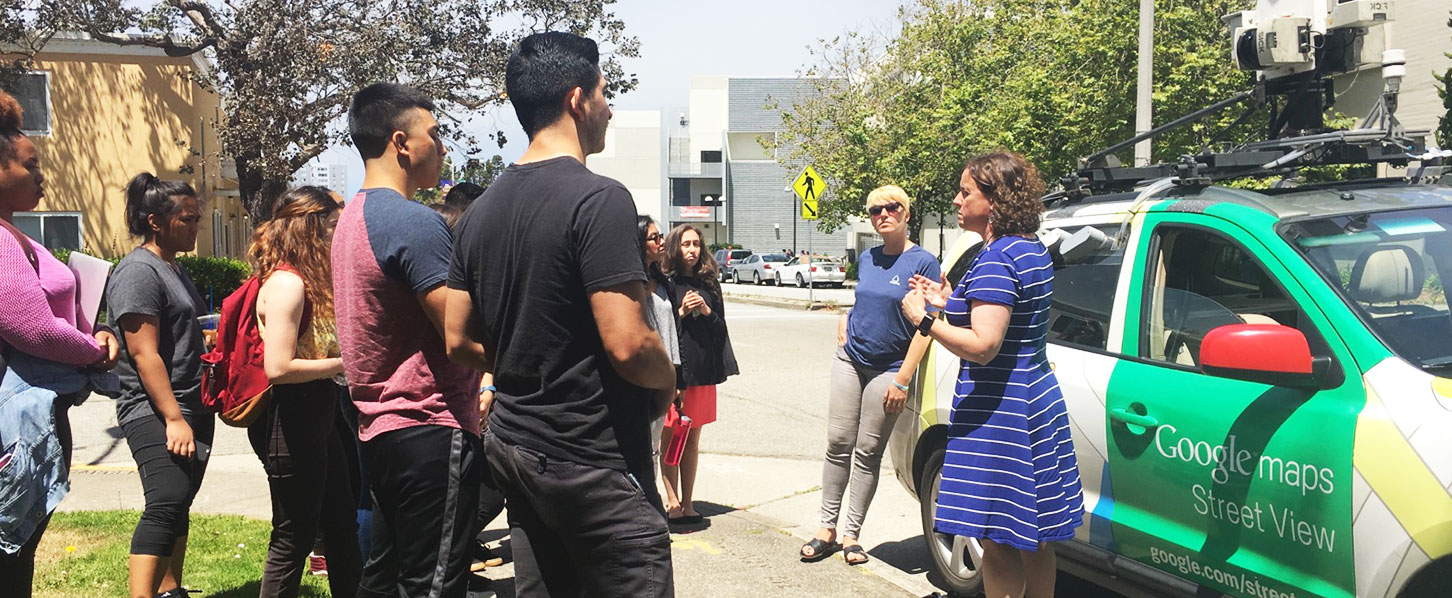
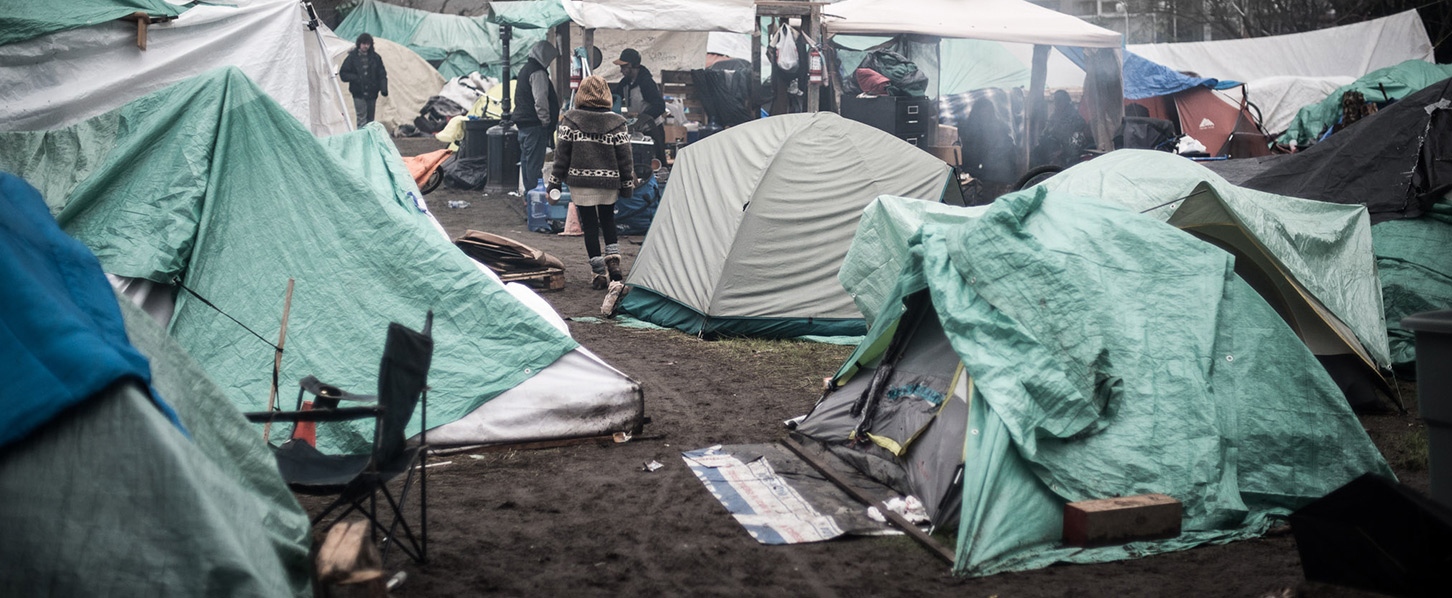
Humanizing Homelessness

Understanding Our Impact
Because our focus is on culturally and community responsive technology-driven research in social and spatial epidemiology, Big Data, data visualization, health-informatics, neighborhood social determinants of health, community-generated data, and outcomes research our highly skilled team has years of experience solving the root causes of heath inequality. At SOUL our vision is a world where local knowledge powers heath equity and sparks innovation with Vulnerable Populations so that people do not have to leave their communities in order to live, learn, work, and thrive.

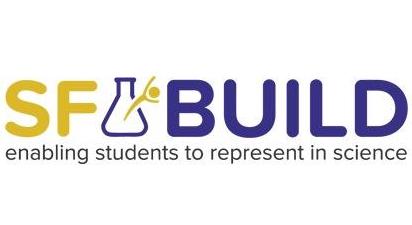






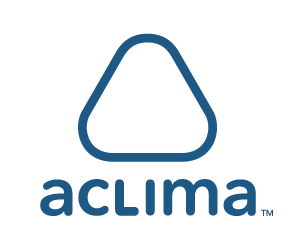
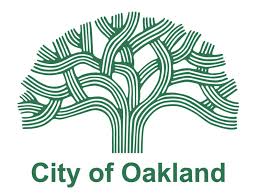

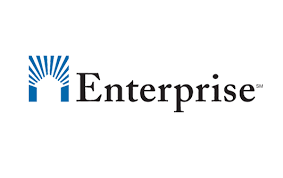


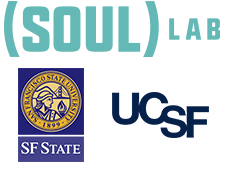
Building Power and Self-determination with Vulnerable Populations through Real-time data, location-based data, patient-centered data, social media, community-generated data that can be integrated with Big Data and predictive analytics (AI), and emerging technologies that increase Racial, spatial, and Reproductive justice.
CONNECT
Email: tcruz@streetwyze.com
Photographs appearing on this site are the property of Eric Arnold, Kris Tyler and SF BUILD. They are protected by U.S. Copyright Laws, and are not to be downloaded or reproduced in any way without the written permission of SOUL Copyright 2017. All Rights Reserved.



